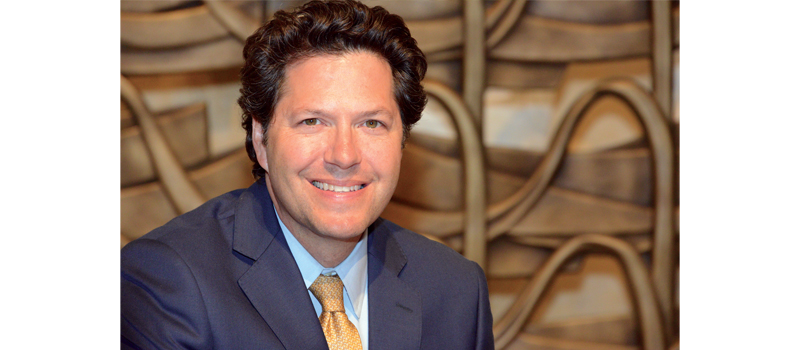by Rabbi Yoshi Zweiback
Imagine having the most embarrassing, shameful episode of your life broadcast publicly each year.
It’s the stuff of nightmares.
Yet it’s precisely what our tradition has us do every time this week’s Torah portion is read. We recall once again our people’s most terrible transgression: the building of the golden calf. After witnessing with our own eyes the miracle of our Redemption at the shores of the Red Sea, we turn away from God and regress to idol worship.
The lesson is clear: the best way, perhaps the only way, to learn from our mistakes is to remember them and consider their causes and consequences. By reflecting deeply on the ways we have fallen short of the values we purport to uphold, we can correct our course and improve ourselves.
But – and this is quite important – our tradition doesn’t ask us to dwell on our mistakes or to be defined by them. Our tradition doesn’t have us read the story of the golden calf every day. Once a year is deemed sufficient. We don’t define ourselves solely by the mistakes we’ve made. We are, each of us, complicated and nuanced creatures, flawed in some ways and elevated in others. We are judged ultimately, says our tradition, not by our transgressions but by the sincerity and integrity of our teshuva, our repentance.
Let us remember the ways we have fallen short and then, inspired by the possibility of transformation, let us rise up, better people committed to building healthier relationships, a stronger community, a more perfect nation, and a better world.

